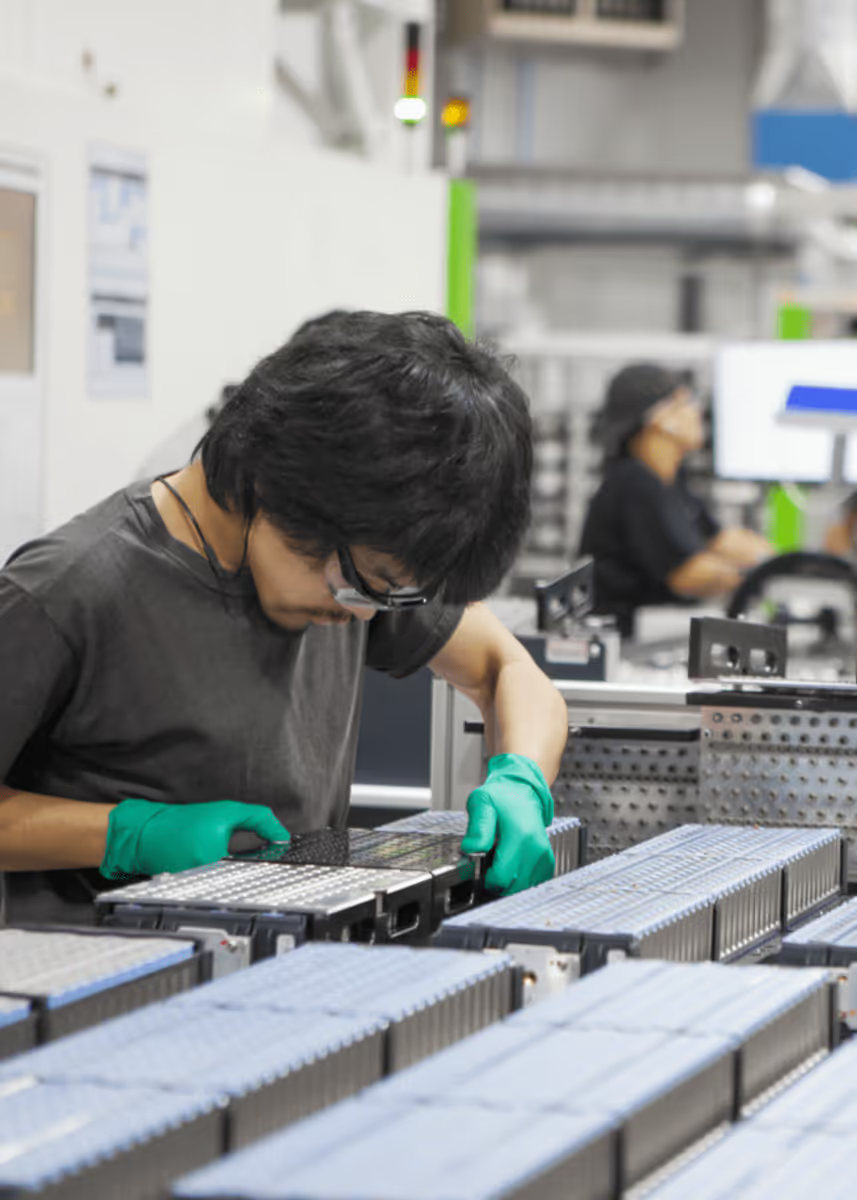This map compiles ZETA research to illustrate EV supply chain investments across the country. These private investments are creating tens of thousands of good-paying auto jobs that will reinvigorate communities, generating thousands of additional indirect jobs. And these investments aren’t the only financial benefits that will derive from electrifying the transportation sector: because of the climate and public health benefits of transportation electrification, achieving 100% EV sales by 2030 and a cleaner grid will prevent $1.3 trillion in health and environmental costs in the coming decades.
Despite those losses, the United States’ auto sector nevertheless employs more than four million Americans, making it one of the largest industries in the United States.
The U.S. auto sector has an opportunity to become ascendent once again as electric vehicles (EVs) emerge as the industry’s next big evolution. More than 250,000 Americans already work in the domestic EV sector, and the EV industry has the potential to create over two million jobs in the United States in the coming decades.
Domestic demand for EVs is exploding. EVs represented just 2% of new vehicle purchases in the United States in 2019; by 2021, EVs’ market share had more than doubled, reaching 4.5% of all vehicle sales. This is excellent news for American auto workers: the majority of EVs sold in the United States are American-made, and the market share of American-made EVs is larger than the market share of American-made gas-powered cars. Four of the five highest-scoring cars on Cars.com’s 2023 American-made Index are EVs, further highlighting domestically manufactured EVs’ popularity.
The automotive industry is massively scaling up their EV-related investments. Automakers are investing billions of dollars to build new manufacturing and battery processing plants across the country, and they’re teaming up with mineral processing and recycling companies to fortify the domestic supply chain for critical minerals like lithium and nickel. Critical mineral reserves are plentiful throughout the United States and North America, and domestic production is increasing. By securing our supply chain for critical minerals, we will create good-paying jobs and reduce our dependence on foreign economies.

